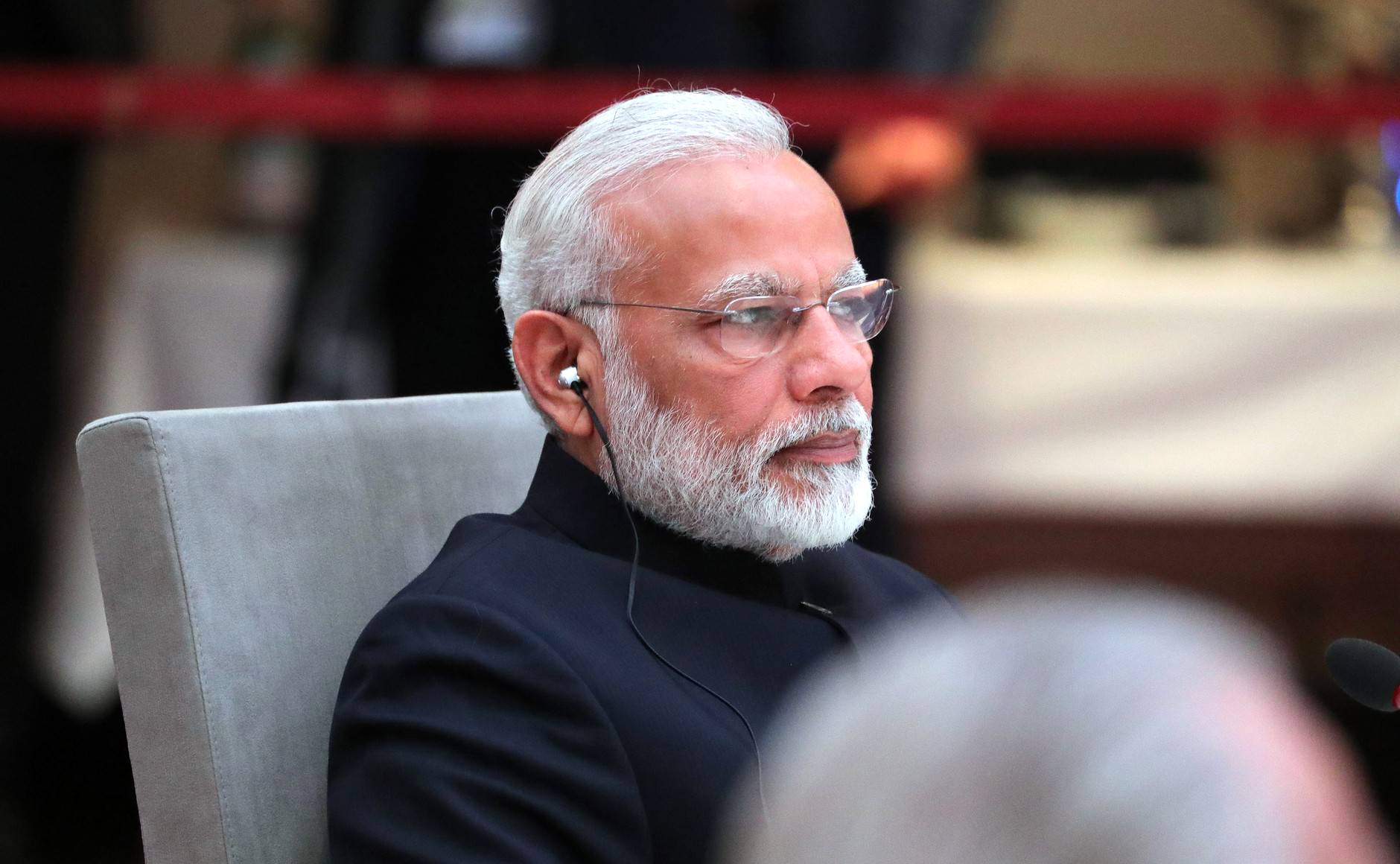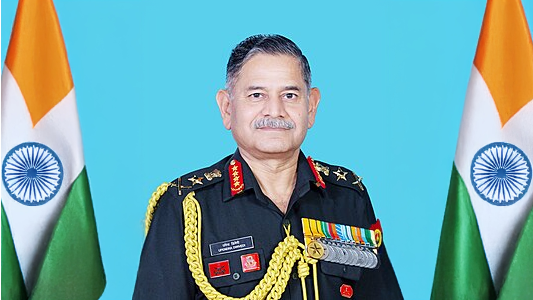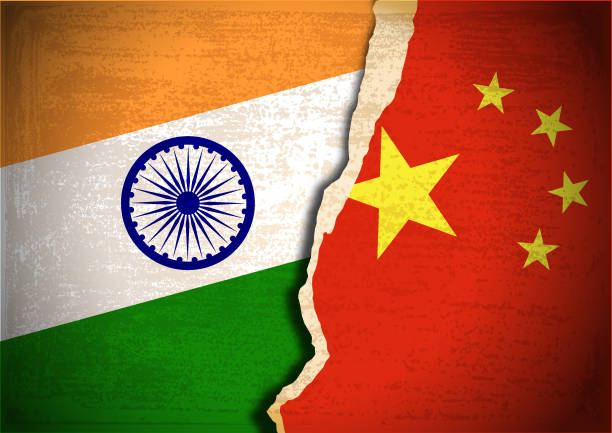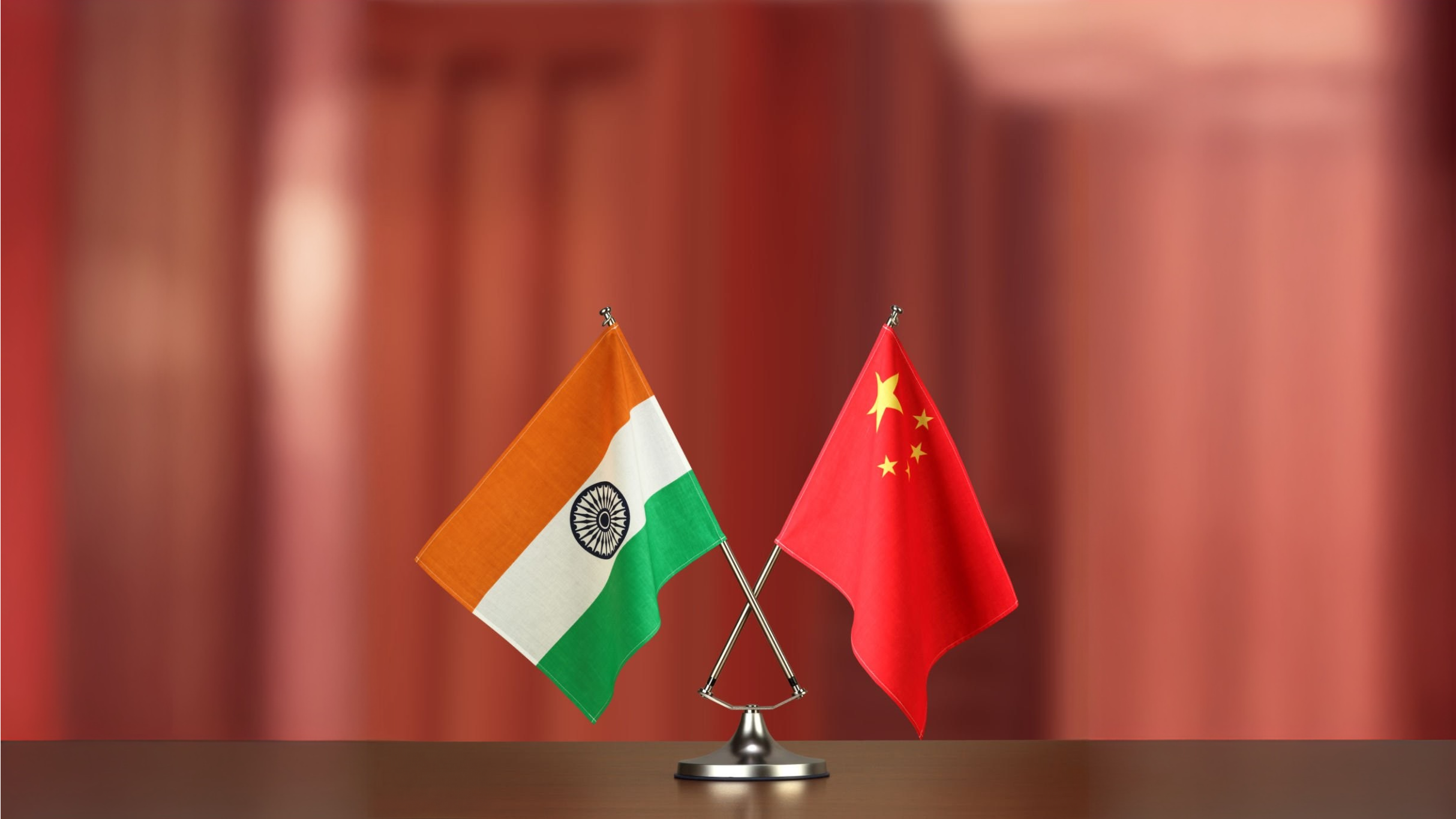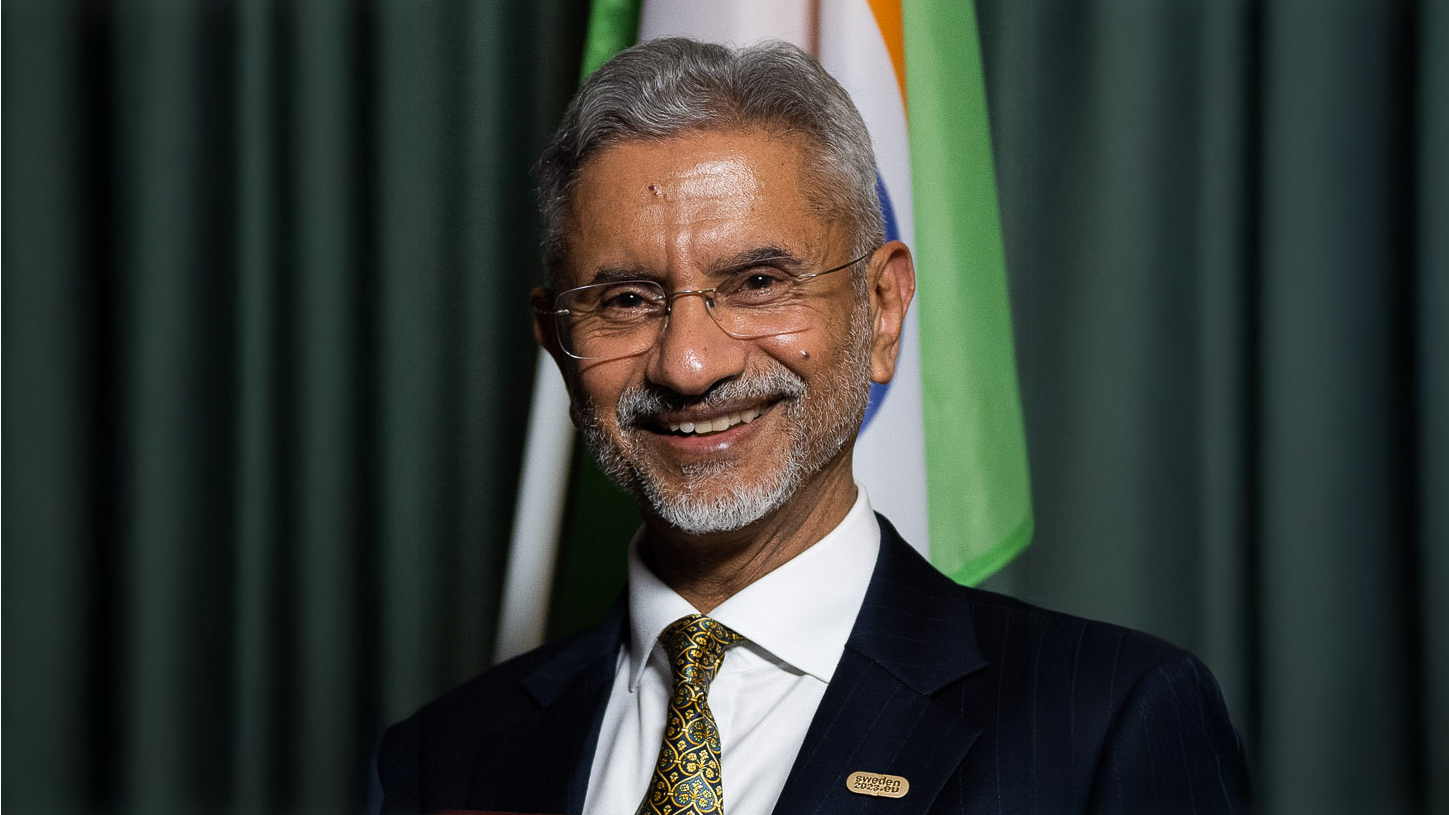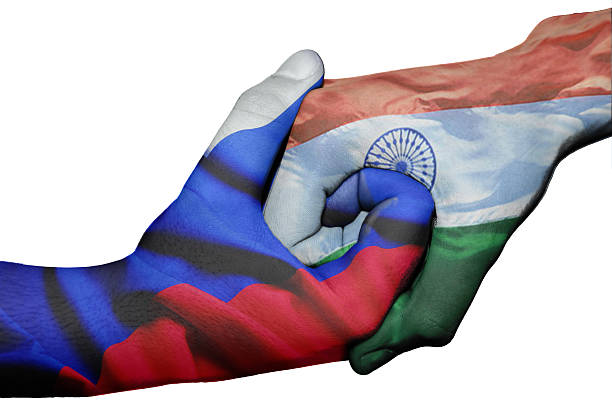India Pakistan Conflict: While speaking in Berlin, External Affairs Minister S. Jaishankar made it clear that India firmly adheres to its zero-tolerance policy towards terrorism and will never bow to nuclear blackmail. He emphasized that India is committed to safeguarding its national interests and will respond strongly to any acts of aggression. Jaishankar’s statement came in the wake of Germany’s recent show of support for India following the brutal terror attack in Pahalgam.

India Won’t Bow to Nuclear Blackmail: India Will Counter Pakistan’s Nuclear Threats External Affairs Minister Says S. Jaishankar
Berlin: India’s External Affairs Minister S. Jaishankar firmly stated on Friday that India remains steadfast in its zero-tolerance policy against terrorism and will not be intimidated by nuclear threats. Speaking at a joint press conference with German Foreign Minister Johan Wedful in Berlin, Jaishankar reiterated that India will handle its issues with Pakistan solely through bilateral means, leaving no room for misinterpretation or ambiguity regarding its stance.
This strong declaration came at a crucial time, shortly after the terror attack in Pahalgam, Jammu and Kashmir, on April 22. The attack shook the nation, prompting India to respond decisively with ‘Operation Sindoor.’ Germany, in its statement, expressed unequivocal support for India’s right to self-defense in the face of terrorism, marking a significant diplomatic backing.
Jaishankar emphasized the gravity of the situation and India’s unwavering approach, saying, “My visit to Berlin coincides with India’s firm response to the Pahalgam terror attack. Terrorism is absolutely intolerable to India, and the nation refuses to bow down to any nuclear coercion. Our dealings with Pakistan will remain bilateral, and I want to make it absolutely clear that there should be no confusion on this front.”
The Indian minister further highlighted that the zero-tolerance policy reflects India’s commitment to maintaining internal security and regional peace. He appreciated Germany’s understanding that every sovereign nation has the undeniable right to protect itself against terrorist threats. Such international support strengthens India’s diplomatic position globally.
German Foreign Minister Johan Wedful conveyed his deep concern over the April 22 attack, describing it as brutal and shocking. He stated, “We stand with India in condemning this vicious terrorist assault. Our thoughts and sympathies are with the victims and their families. It is India’s sovereign right to defend itself, and we commend its efforts to maintain peace and security.”

Wedful also pointed out that a ceasefire remains in effect between India and Pakistan, expressing hope that this fragile peace holds to pave the way for constructive dialogue. He stressed the importance of negotiations in resolving bilateral disputes and welcomed efforts toward stability in the region.
The meeting between the two ministers also focused on strengthening the strategic partnership between India and Germany. Both leaders agreed on the importance of deepening cooperation in various sectors such as trade, technology, climate change, and security. They explored future possibilities for collaboration, signaling a desire to expand their bilateral ties beyond traditional boundaries.
Jaishankar later shared on social media platform X (formerly Twitter), “Had meaningful discussions covering issues from neighborhood concerns to global challenges. Looking forward to welcoming Minister Wedful in India to further our partnership.”
This diplomatic visit marks the last leg of Jaishankar’s three-nation tour, which began on May 19 in the Netherlands. During his tour, Jaishankar also paid an official visit to Denmark, engaging in high-level talks with government officials to discuss shared interests and global challenges. His discussions covered a wide range of topics including security cooperation, economic partnerships, climate action, and multilateral diplomacy.
The ongoing engagement with European partners demonstrates India’s proactive approach to foreign policy, aiming to build strong alliances based on mutual respect and shared goals. Jaishankar’s statements in Berlin underscore India’s commitment to protecting its sovereignty and regional stability without yielding to external pressure or threats.
In addition to addressing the immediate concerns raised by the terror attack, the discussions in Berlin also laid the foundation for enhanced collaboration in the future. Both India and Germany recognize the value of working together to tackle terrorism, ensure global security, and promote sustainable development.
Jaishankar’s visit reflects India’s strategic intent to engage with influential global players while asserting its firm position on security matters. Germany’s backing sends a clear message of solidarity, encouraging other nations to support peaceful resolution and counterterrorism efforts.
Overall, this diplomatic interaction not only reaffirms India’s zero-tolerance policy against terrorism but also highlights the growing importance of India-Germany relations in the broader geopolitical context. With mutual support and continued dialogue, both nations are poised to contribute positively to regional and global peace.
Also Read:
- India becomes 4th largest economy surpassing Japan- Will India Race Ahead of Germany?
- Trump Talks Ceasefire, Congress Targets Modi, Jaishankar
Author

Aditya
Aditya is a dedicated writer at InsightIndia.in, covering the latest news from across India with a focus on results and public updates. With a strong eye for accuracy and clarity, he brings timely information to readers, helping them stay informed about key developments and outcomes that matter.





